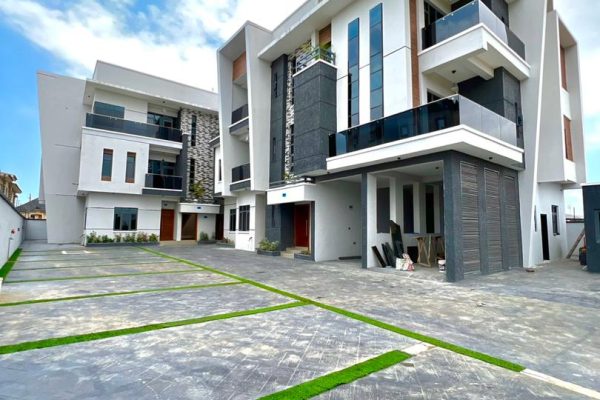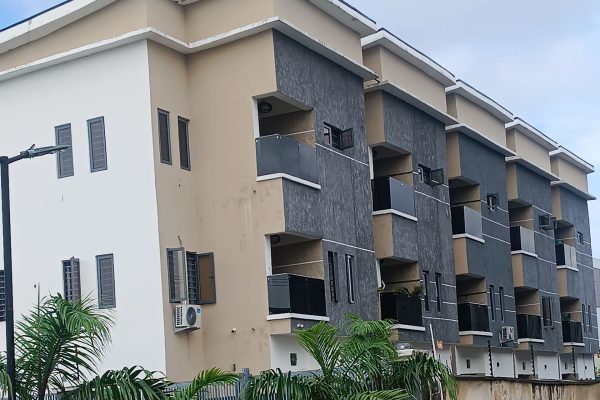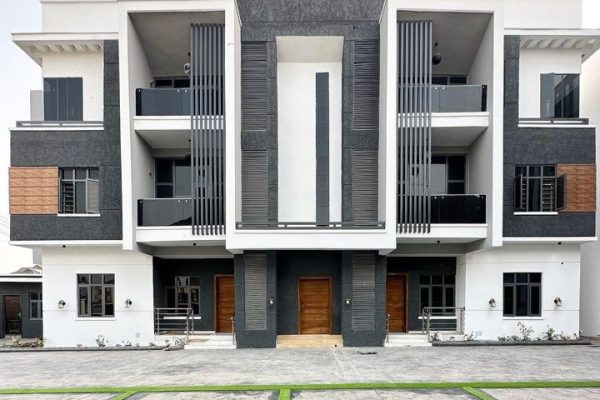Home financing in Nigeria involves various methods and institutions that individuals and families can use to purchase or build homes. Nigeria, like many other countries, offers several options for home financing, each with its own advantages and challenges. Here are some common methods of home financing in Nigeria:
- Mortgages: Mortgages are one of the most common ways to finance a home in Nigeria. Banks and mortgage institutions offer mortgage loans to individuals and families who want to buy a home. These loans typically have a fixed or variable interest rate and a repayment period of up to 25 years. The borrower provides a down payment, and the home serves as collateral for the loan. Mortgage financing is popular but can be challenging for some due to stringent lending requirements.
- Cooperative Housing Societies: Many Nigerians belong to cooperative housing societies, where members contribute funds over time, and the collected money is used to build or buy homes. Members can then access the homes through a lottery system or based on their contributions. This method is suitable for individuals who want to save collectively for homeownership.
- Rent-to-Own Programs: Some real estate developers and financial institutions offer rent-to-own programs. In these schemes, individuals rent a property with the option to buy it at a predetermined price after a certain period. A portion of the rent goes toward the eventual purchase price, making it easier for renters to become homeowners.
- Federal Mortgage Bank of Nigeria (FMBN): FMBN is a government-owned institution that provides affordable mortgage financing to Nigerians. They offer various mortgage products, including the National Housing Fund (NHF) scheme, which allows contributors to access mortgage loans at subsidized interest rates.
- Savings and Loans Associations: Some Nigerians opt for savings and loans associations, where members contribute a portion of their income regularly. Members can then take turns accessing the accumulated funds to finance home purchases or construction projects.
- Private Equity and Real Estate Investment: Wealthier individuals may choose to invest in real estate through private equity or real estate investment trusts (REITs). These investments can provide returns and diversify one’s portfolio while indirectly benefiting from the real estate market.
- Inheritance and Family Support: In some cases, families may pool their resources or rely on inheritance to finance home purchases. This method is common among close-knit families where relatives contribute to help younger generations acquire homes.
- Government Housing Programs: The Nigerian government has initiated various housing programs aimed at providing affordable housing for citizens. These programs may include subsidized housing, low-income housing schemes, and incentives for real estate development.
It’s important to note that while there are various financing options available, the accessibility and terms of these options can vary widely. Borrowers should carefully consider their financial situation and conduct thorough research to choose the most suitable home financing method for their needs. Additionally, the regulatory environment and available options may change over time, so it’s advisable to consult with financial institutions and real estate experts for up-to-date information on home financing in Nigeria.
Related Articles
2 Comments
Comments are closed.










The point of using Lorem Ipsum is that it has a more-or-less normal distribution of letters
The point of using Lorem Ipsum is that it has a more-or-less normal distribution of letters